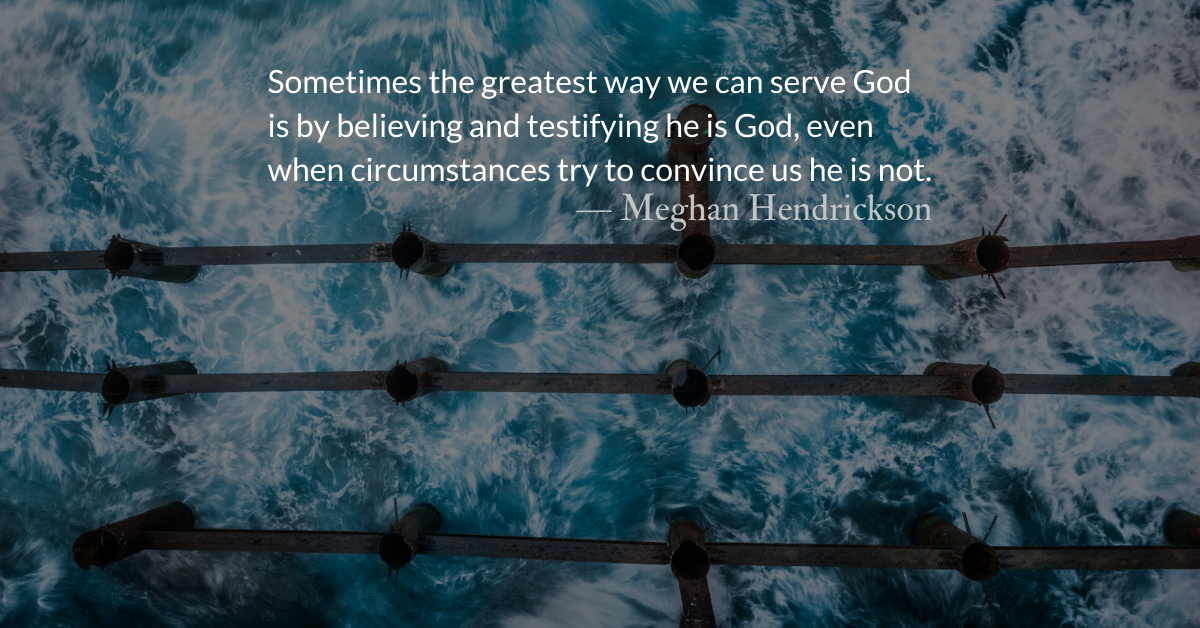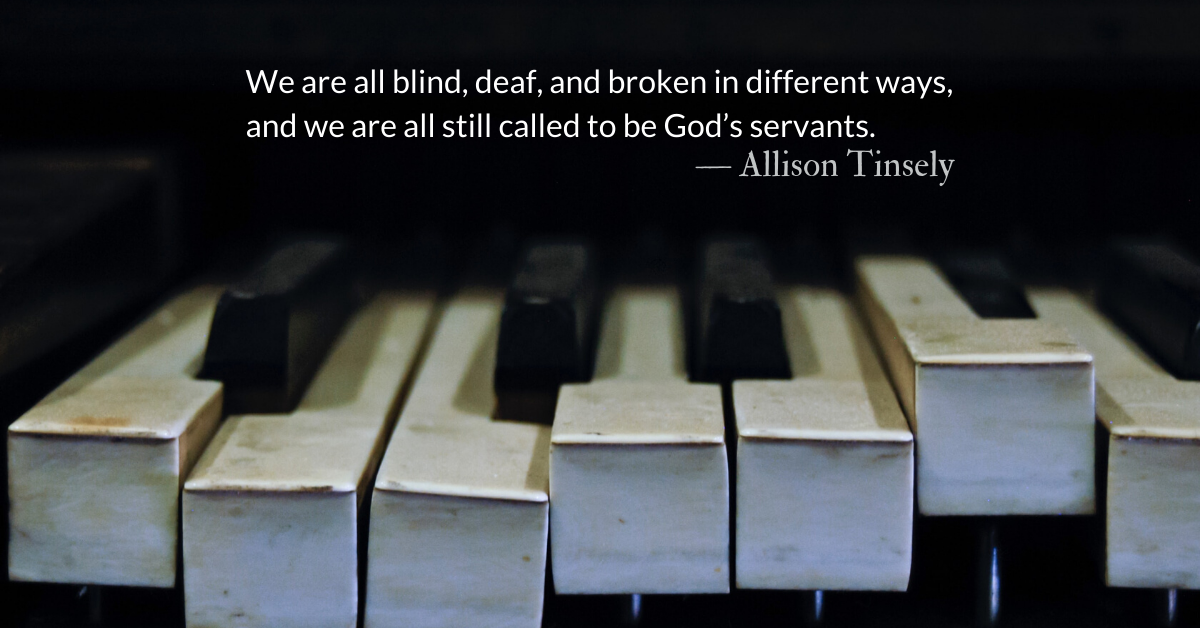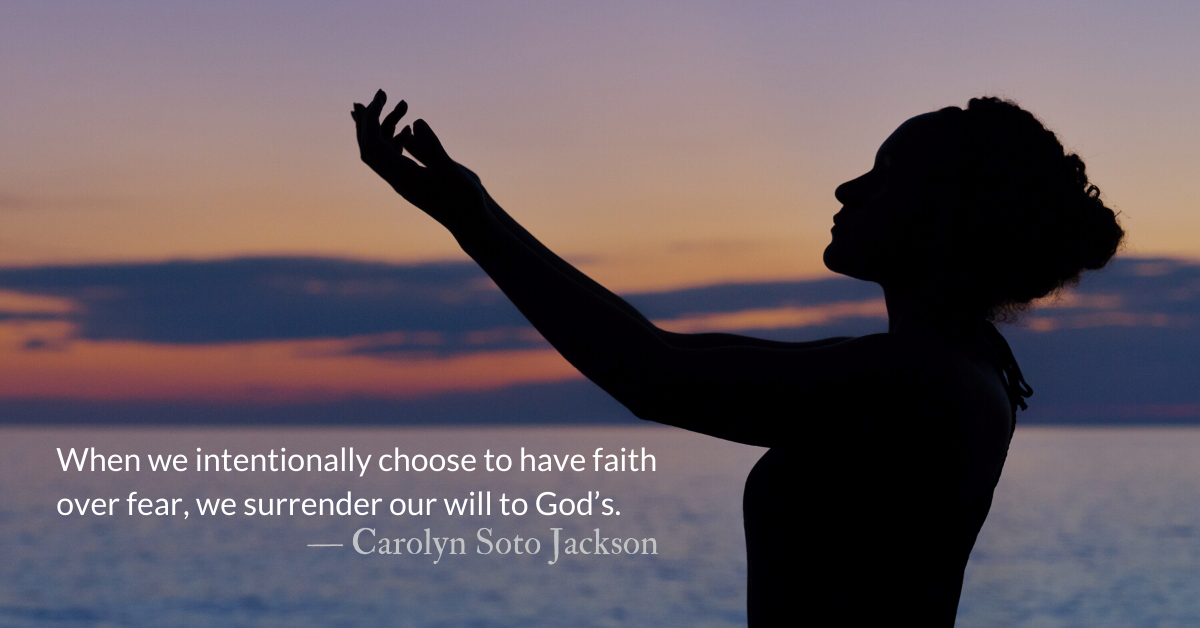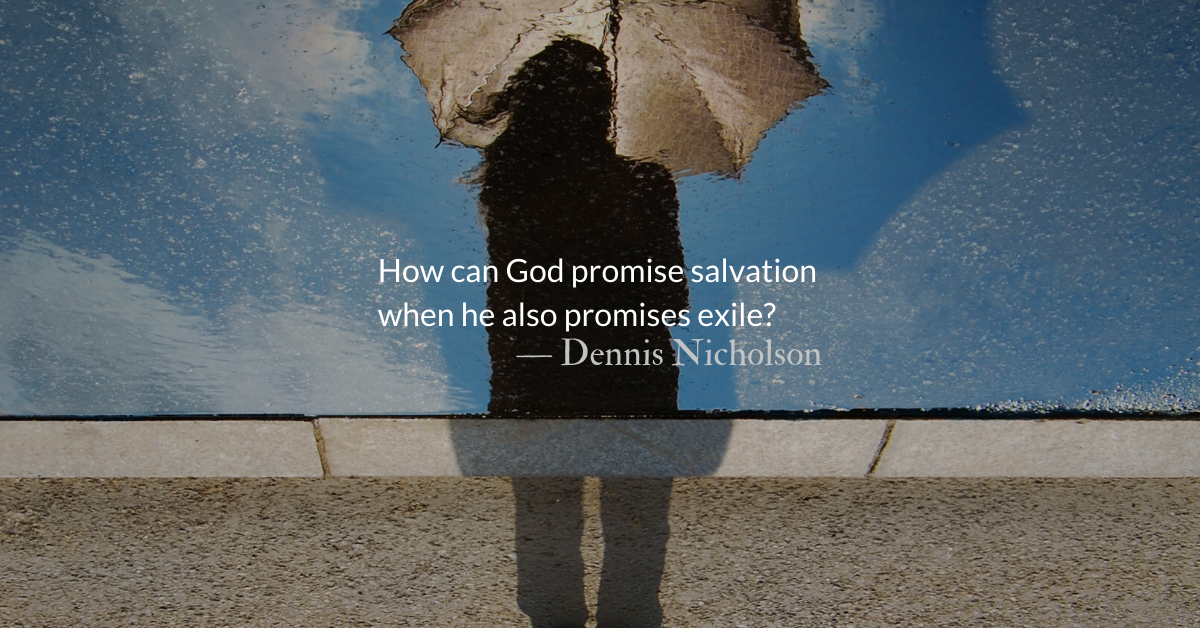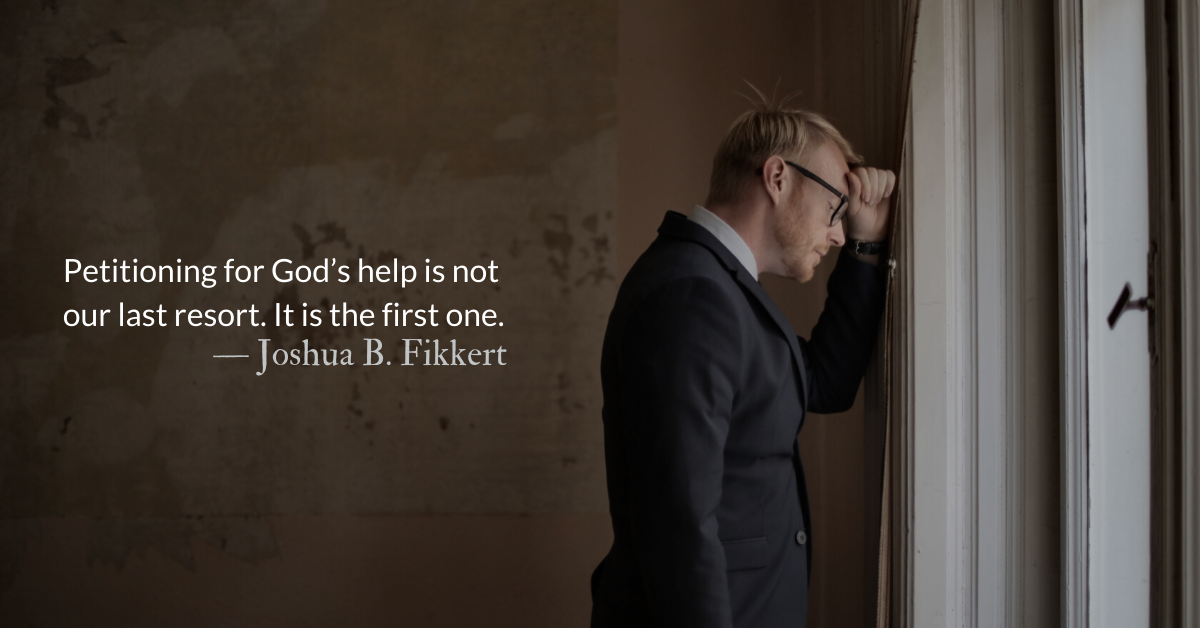We are happy to welcome ministry-focused college and seminary students from around the country and overseas to write in June of 2020 for The Park Forum. Each of them is pursuing a career in ministry and received free coaching on their writing as a part of the program. For more information about the program and a profile of each of our student writers, visit our Student Writers Month page.
Today’s student writer is Meghan Hendrickson, a student at Truett Seminary.
Scripture Focus: Isaiah 43.10
“You are my witnesses,” declares the Lord, “and my servant whom I have chosen, so that you may know and believe me and understand that I am he. Before me no god was formed, nor will there be one after me.”
Reflection: Hope and Promise
By Meghan Hendrickson
We are God’s witnesses. We have seen and beheld God as our Savior.
Though times have changed, God remains unchanged (Malachi 3:6). Likewise, our identity as children of God remains constant (Romans 8:14-17).
The beauty of Scripture is that the same words God spoke to Israel through Isaiah long ago, are the same words God speaks to us today.
God did not call us to know about him and believe in him. Rather, God called us to know him and believe him. Do you see the difference?
God does not call us to a life of observation. Rather, God calls us to a life of participation and proclamation.
We can testify there is no rescue apart from the one true God (Isaiah 43:11).
Child of God, come get to know your Redeemer and your King (Isaiah 43:14-15). Listen to the words of hope and promise God is speaking over you today.
God loves you and you are precious in his sight (Isaiah 43:4).
Child of God, though the waters rise, the Lord is with you (Isaiah 43:2). Holding you by the hand, God has led you through rushing rivers of opposition before (Isaiah 41:13). God promises he will walk you through the raging seas surrounding you now. Do you believe him?
Child of God, though the flames grow hotter still, you will not be burned (Isaiah 43:2). The very fires the enemy hopes will destroy you, God will use to refine you (Isaiah 48:10). God has done it before. Do you believe he will do it again?
As we come to know and believe God we better understand he is God. Apart from him, there is no other (Isaiah 43:5).
Child of God, how has God grown your understanding of him this week?
God has chosen you to be his witness and his servant. Since we know and believe God, and we understand he is God, we are set apart to serve him. Jesus demonstrates this by saying, “even the Son of Man did not come to be served, but to serve, and to give his life as a ransom for many,” (Mark 10:45).
Though the waters rise, and the flames grow hotter still, God will show us his glory and make a way for us to serve him.
Sometimes the greatest way we can serve God is by believing and testifying he is God, even when circumstances try to convince us he is not.
Child of God, how is God inviting you to serve him today?
Divine Hours Prayer: A Reading
Jesus taught us, saying: “Be on your guard, stay awake, because you never know when the time will come. It is like a man traveling abroad: he has gone from his home, and left his servants in charge, each with his own work to do; and he has told the doorkeeper to stay awake. So stay awake, because you do not know when the master of the house is coming, evening, midnight, cockcrow, or dawn; if he comes unexpectedly, he must not find you asleep. And what I am saying to you I say to all: Stay awake!” — Mark 13.33-37
– Divine Hours prayers from The Divine Hours: Prayers for Summertime by Phyllis Tickle
Today’s Readings
Isaiah 43 (Listen – 4:06)
Revelation 13 (Listen – 3:20)
Read more about Humble, Welcoming Servants
Help us to be servants to all-comers, not contestants against all-comers.
Read More about The House God Desires
Christ, the true son of David, is building the house that God desires—a house with rooms for all his children.
God Shivering on Concrete
Merely chuffing about “the gospel” in the face of evil makes us into signposts on the road to Hell rather than gatekeepers in the house of our God.


